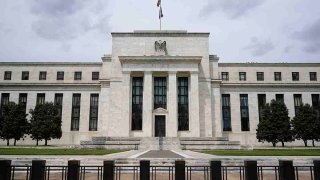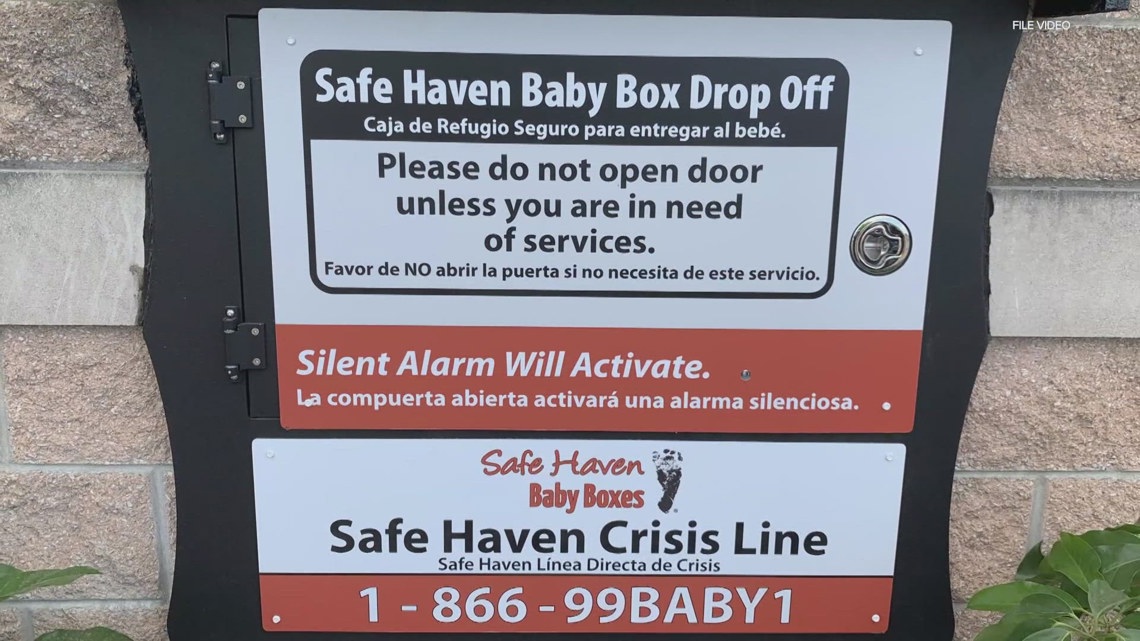
The Federal Reserve launched a new instant payment service Thursday. FedNow allows banks and credit unions to sign up to send real-time payments so they can offer customers a quicker way to send money between banks.
FedNow, which was first announced in 2019, published a list of banks and credit unions that are already signed up to the service. However, it might take longer for customers to be able to use the service with their bank.
Here's what you need to know about FedNow.
HOW DOES FEDNOW WORK?
Get top local stories in DFW delivered to you every morning. Sign up for NBC DFW's News Headlines newsletter.
FedNow offers instant payment services for banks and credit unions to transfer money for their customers. Unlike other private money-transferring services like PayPal or Venmo, FedNow services are not offered to customers directly through a third-party app or website. The services will only be available through banks or credit unions. However, once banks have adopted FedNow, they're expected to make it available on their websites and apps.
Once a bank offers the FedNow services, customers will be able to send money instantly. The service is also available 24 hours a day, seven days a week.
Among the banks that will offer the FedNow services soon are Wells Fargo and JPMorgan Chase.
U.S. & World
WHY DID THE FED CREATE FEDNOW?
By creating FedNow, the Fed is making it quicker and more accessible for people to send and receive online payments. The Fed is also catching up with other countries that already have real-time payment systems like FedNow, including England, China, Sweden and India.
FedNow will also equip banks with tools to identify and combat fraud attempts. These tools include the ability for banks to flag suspicious accounts and limit the amount and frequency of payments by those accounts.
WHO CAN USE FEDNOW?
Customers, including individuals and businesses, whose banks or credit unions offer FedNow services will be able to send and receive money in real-time. If, for example, a customer wants to send money to a friend, both people have to bank with institutions that offer FedNow services.
WHAT ARE SOME SCENARIOS WHERE I CAN USE FEDNOW?
Given the speed of transactions, this service can be beneficial for customers in many ways.
Here are some examples:
— If your employer sends your paycheck through FedNow, the paycheck will be able to clear in seconds rather than days.
— If you forgot to pay your rent until the last minute, you will be able to send the money late at night without waiting to have it cleared the next business day.
WHEN WILL FEDNOW BE AVAILABLE TO ME?
FedNow is now live but it might take months or years for customers to be able to use this service, it all depends on when your bank makes it available.
WILL MY PRIVACY BE PROTECTED WITH FEDNOW?
The Federal Reserve and the FedNow service cannot access people's bank accounts and it doesn't have the authority for additional surveillance, according to Fed officials.
WILL FEDNOW REPLACE VENMO, PAYPAY OR OTHER SERVICES?
There are key differences between the FedNow service and apps such as Venmo and PayPal. FedNow is a service offered directly to banks and not to customers, which means FedNow does not have an app or website where customers will be able to send money to each other.
WHAT IS THE DIFFERENCE BETWEEN FEDNOW AND ZELLE?
While both FedNow and Zelle allow customers to make online transactions, there are some key differences. Zelle is a private app that works with some financial institutions while FedNow is backed by the Federal Reserve and is envisioned to be adopted by the majority of banks in the country.
Zelle lets you send and receive money instantly but the money might not be available for customers until days after the transaction. With FedNow, the Fed says the money will be available within seconds. Zelle has a customer-facing platform that allows customers to send money through their app while FedNow will not directly interact with customers but rather offer the services to banks.
WILL FEDNOW REPLACE CASH?
Fed officials have stressed FedNow is unrelated to the notion of a government-run digital currency, which social media users also falsely claim would lead to the elimination of cash.
“The Federal Reserve has made no decision on issuing a central bank digital currency (CBDC) & would not do so without clear support from Congress and executive branch, ideally in the form of a specific authorizing law,” the agency wrote in a series of tweets in April “A CBDC would not replace cash or other payment options.”



